SMART-TD Local 1785 (Santa Monica, Calif.) General Chair Markeisha Haynes has witnessed firsthand what bus operators face on the job —from the everyday challenges of skillfully driving a 30-to-60-foot vehicle to the shocking rise in assaults on transit operators in recent years. Now, as a recently appointed Bus Department alternate vice president, Haynes and fellow transit leaders across the country are working to make sure unions and workers have a say in formulating real solutions to the violence facing SMART-TD members.
“Properties or transit agencies should involve the union,” Haynes said. “Most of the decisions, as far as where to go when it comes to assaults, are made within the [employer], and the unions are not being asked to join those conversations. To really understand where an operator is coming from, the union needs to be involved.”
Haynes, a 17-year motor coach operator for the Big Blue Bus in Santa Monica, took her first step towards union representation as a member of her local’s safety and training department, helping teach new hires the tools of the trade and working to make sure safety came first on the road. The urge to help others came from a natural affinity for community with her fellow members and a drive to better the lives of transit workers in the area 29
— and soon, Haynes was running for local union office, winning election as local chairperson of LCA-SMB and the first female general chairperson of GCA-SMB in November 2021.
Such milestones came with difficulties. Haynes encountered some members who didn’t see the general chairperson’s title as one that a woman could hold, initially refusing to give her the respect she deserved.
“I just stayed persistent,” Haynes recalled. “I knew what my ultimate goal was, and that was to bring a difference in our local and to show that women, we can do this, too.”
“At the end of the day, it’s about the membership and the membership only,” she added. “I always remember that: Before I hold any position, I’m an operator first.”
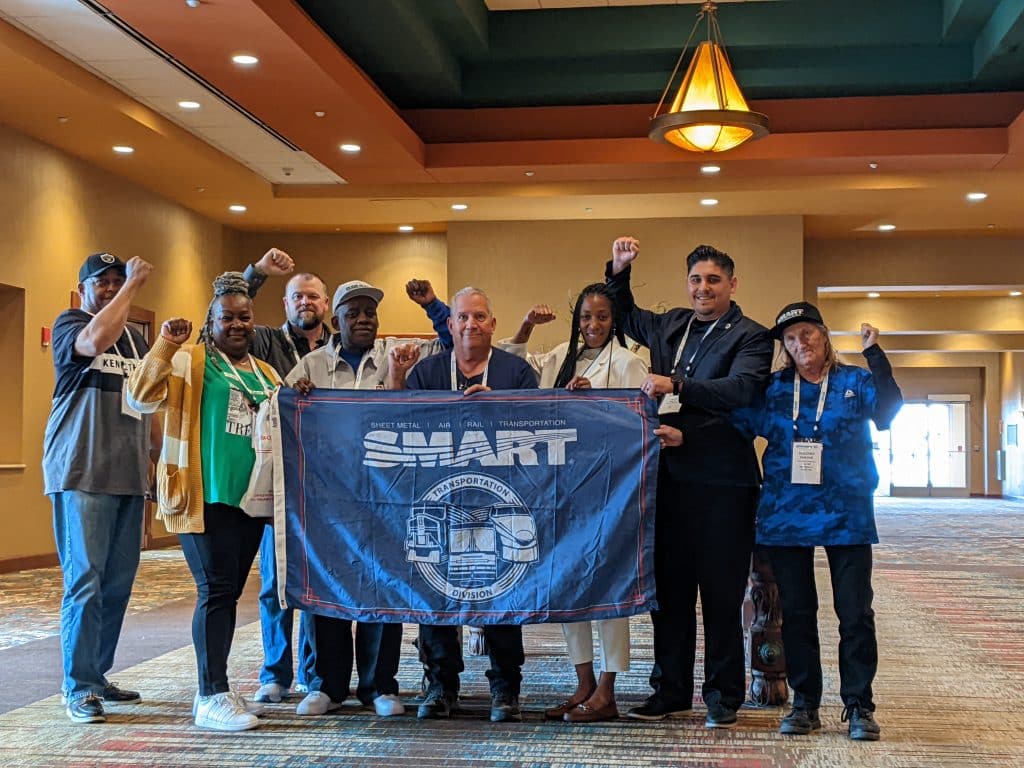
Haynes’ determination paid off for the members of Local 1785 during recent contract negotiations. After years of 3% raises, the local’s negotiating team won a 13% pay increase for members in 2021, along with a compensation study in the memorandum of understanding that required the city of Santa Monica to compare pay rates with other local agencies. With the data from the compensation study, Haynes and Local 1785 were able to add an additional 5% pay bump on top of the original 13%, amounting to an 18% raise over three years.
Of course, pay is only part of what members are seeking on the job — in public transportation, safety and workplace protections are crucial and have become an even higher priority as attacks on transit operators continue to make headlines nationwide. SMART-TD is doing vital work to influence legislation and raise awareness about the epidemic of violence against transportation workers, Haynes said. Moving forward, employers need to ensure unions are involved when it comes to member well-being — preventing attacks and ensuring adequate resources in the event of an assault.
“There’s nothing there for us, as operators, to even take time to grasp what just happened to you, first, and number two, to see if you even have the strength or the mental capability to do it all over again,” Haynes said. “It definitely needs to be addressed, as far as mental health is concerned.”
A first-ever exclusive training session for bus and transit officers in March 2024 demonstrates SMART-TD’s wholesale commitment to our transit workers; something Haynes said is crucial for winning the protections that members need.
“The training has been amazing,” she concluded. “SMART is and has been very geared towards training, making sure information is distributed so we, as general chairs or local chairs, are effective in the jobs that we are doing.”
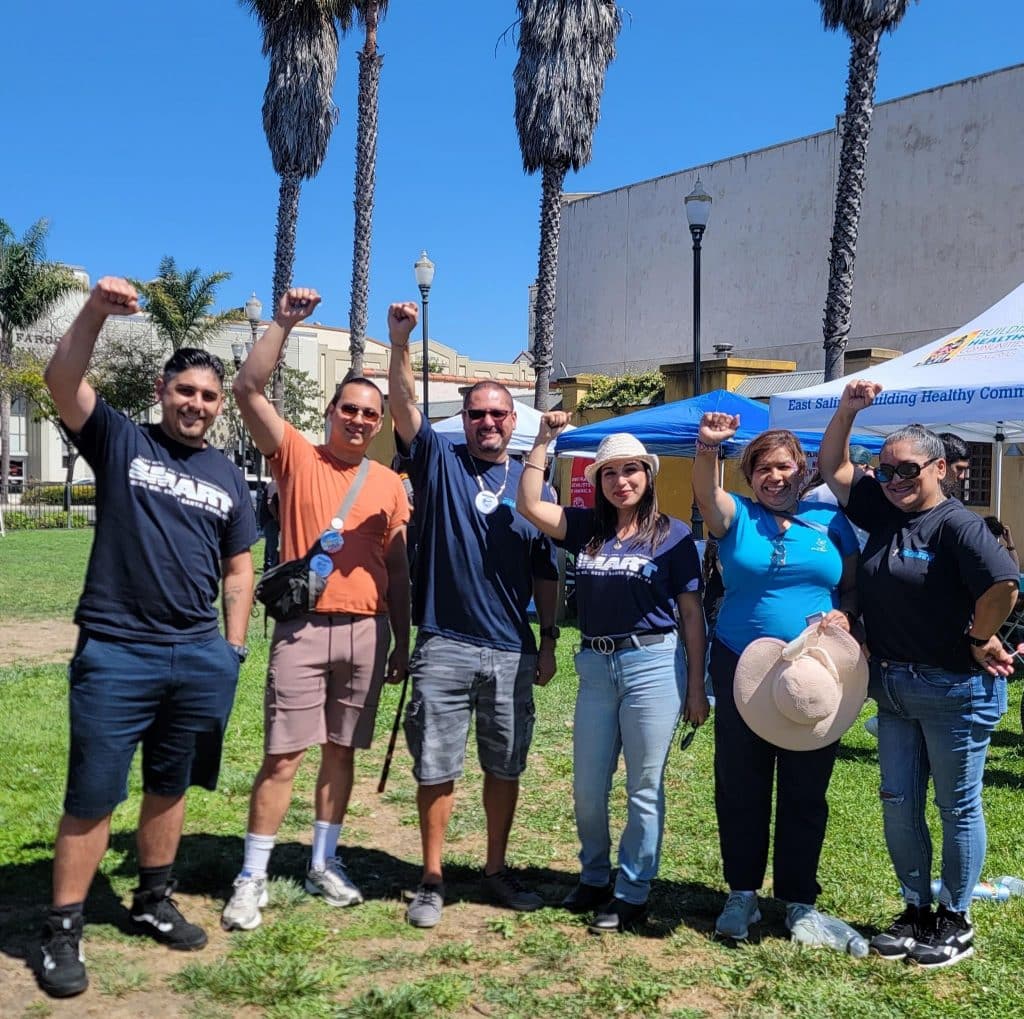

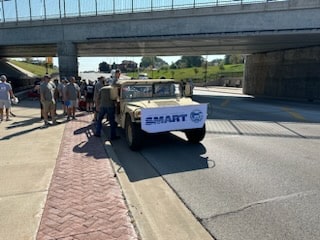


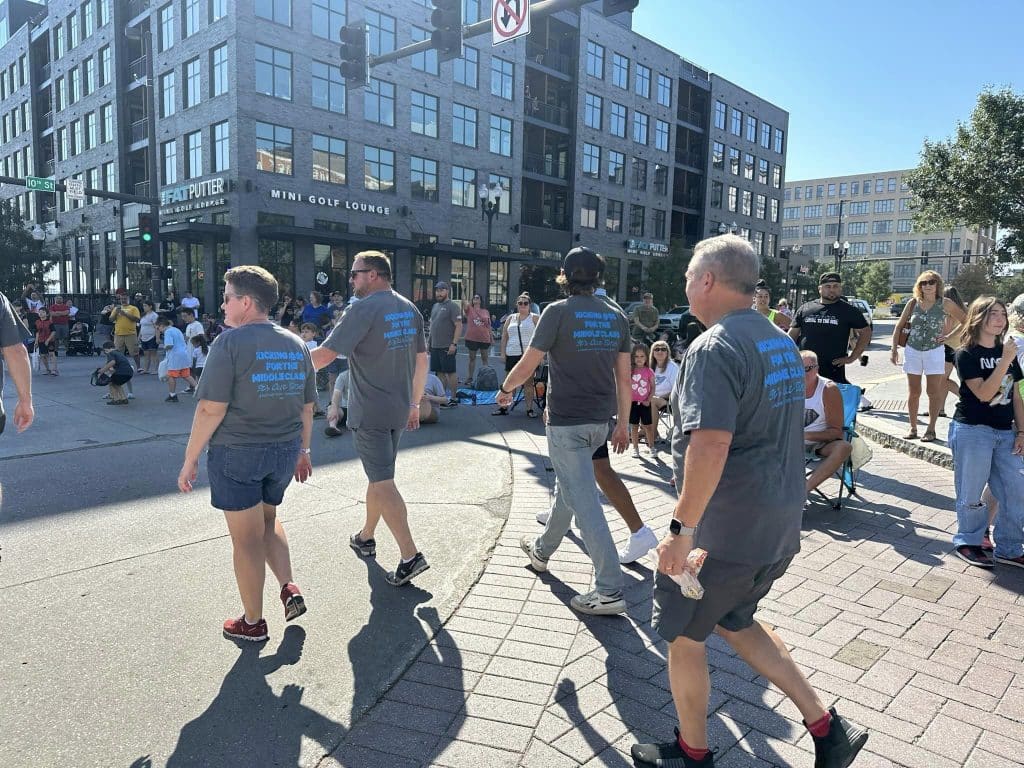
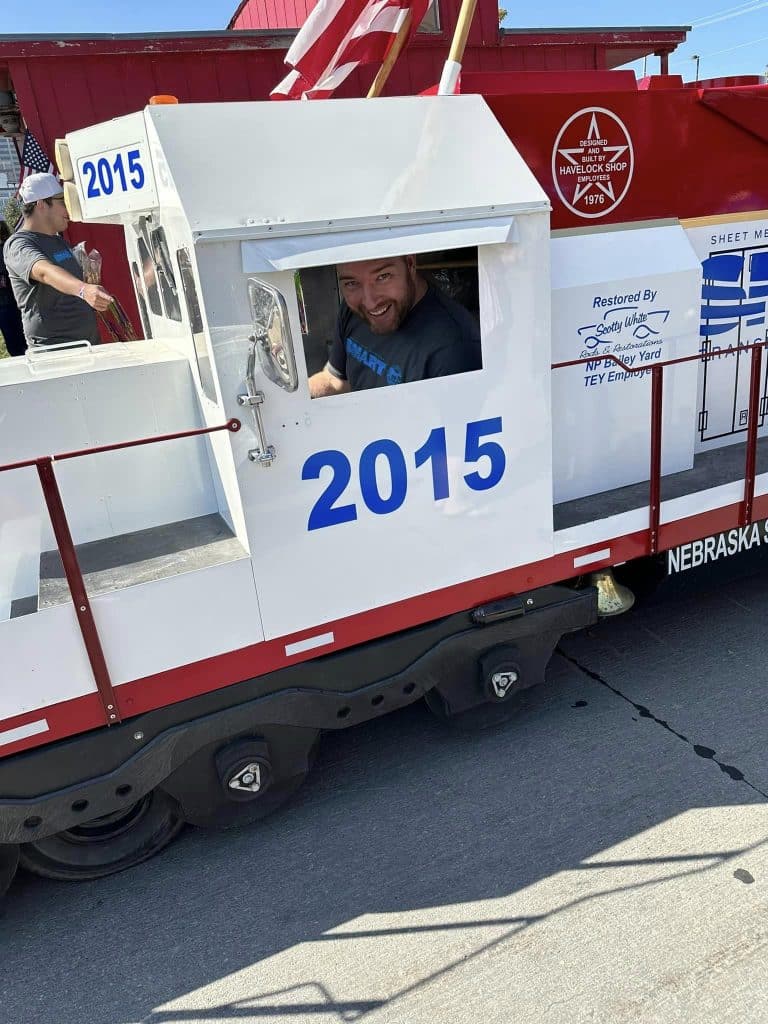
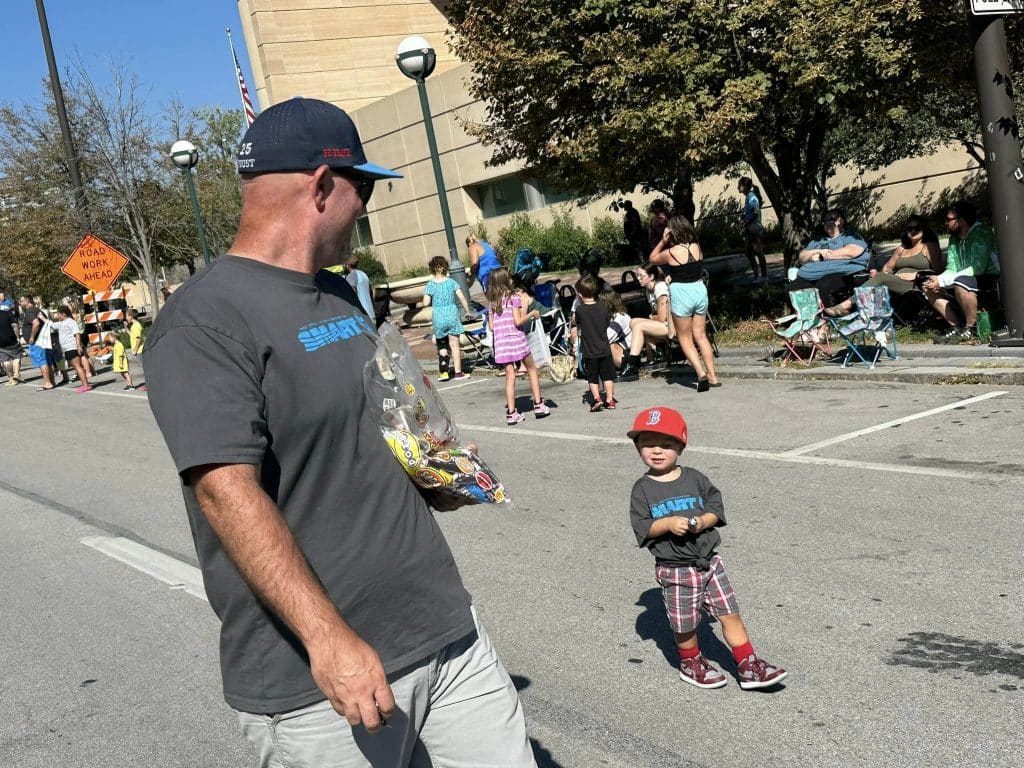
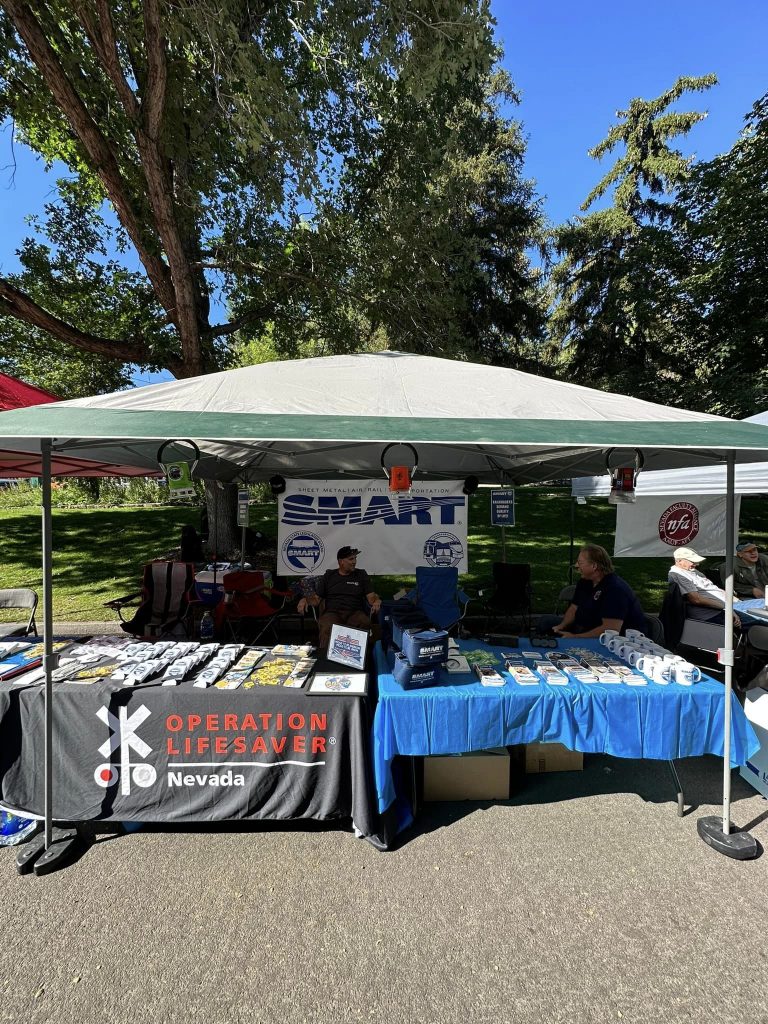
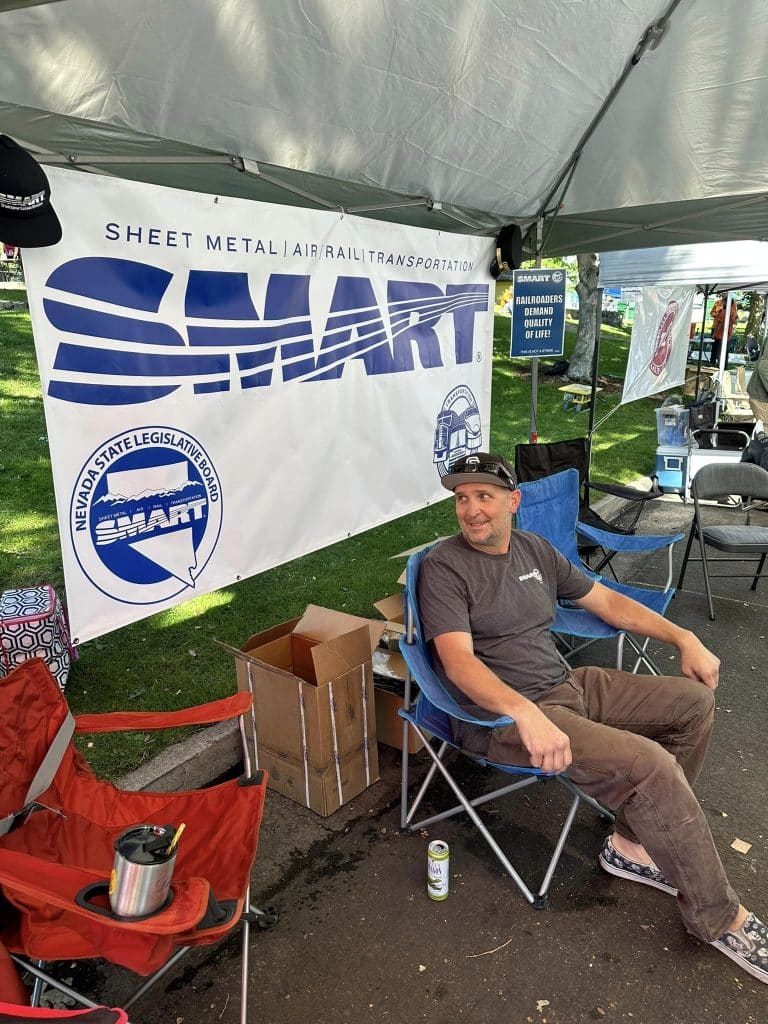


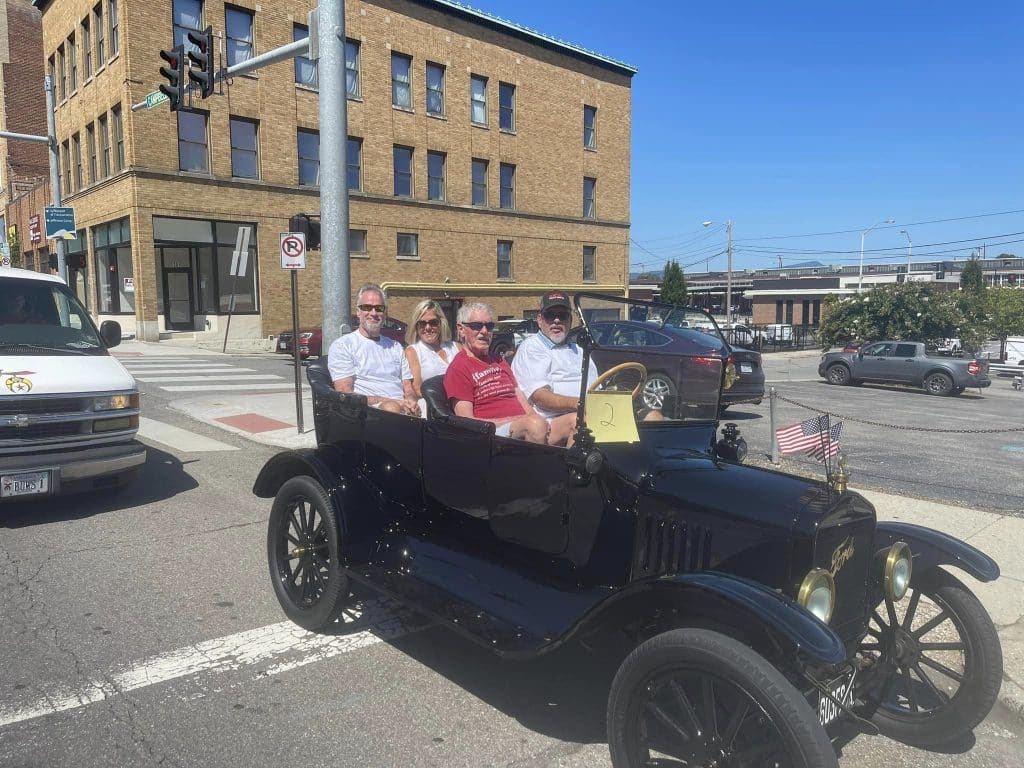
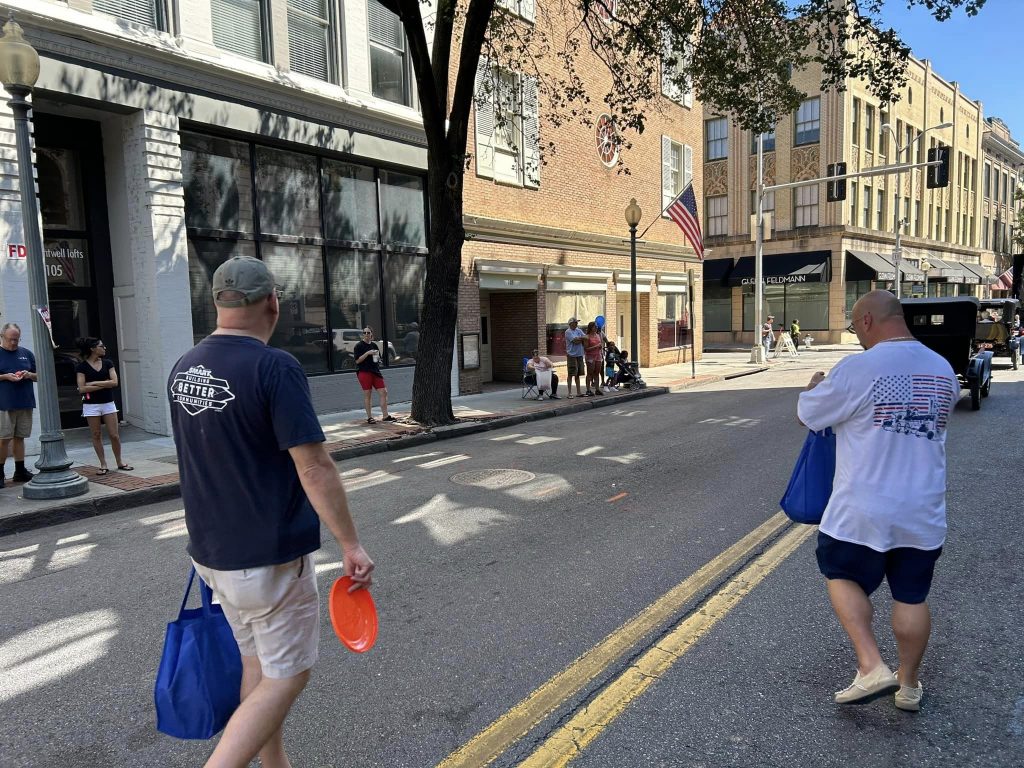
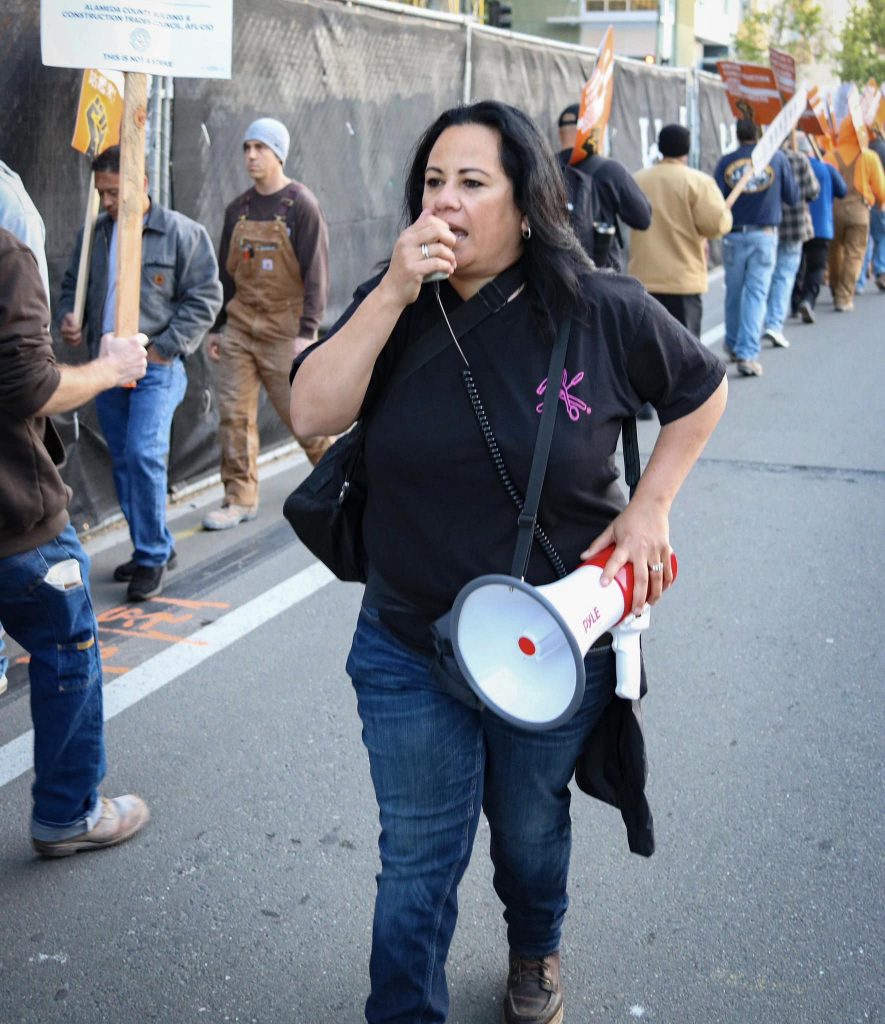
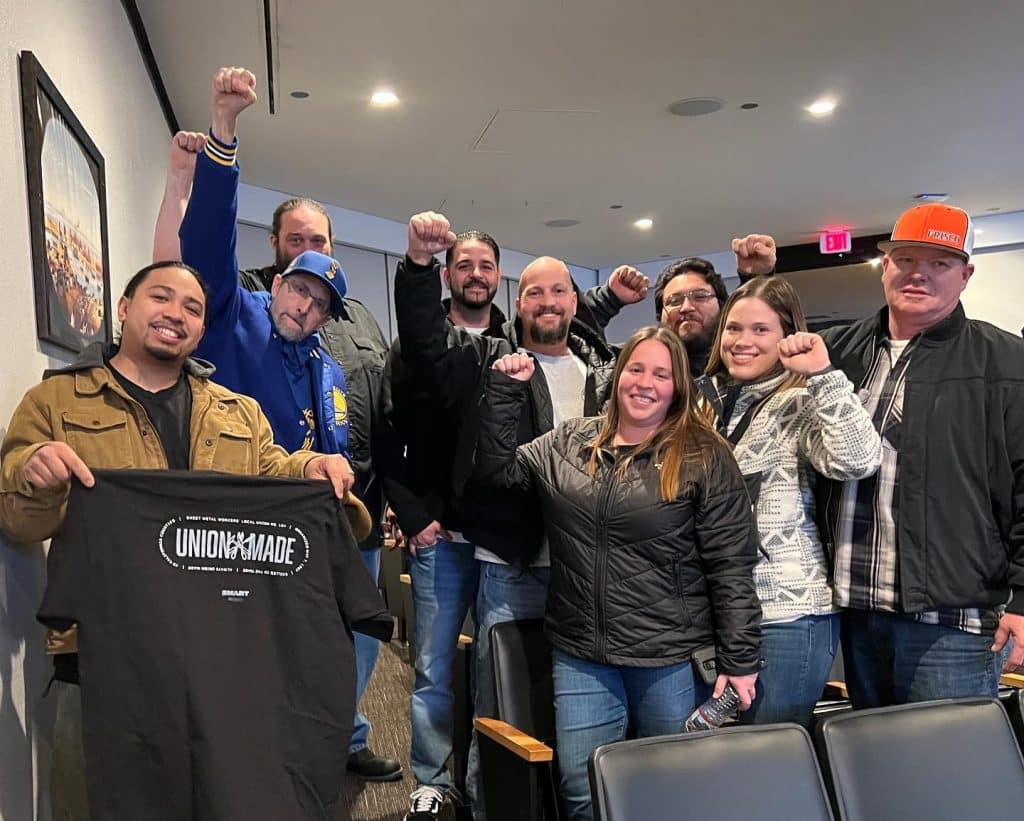
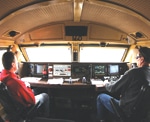 Governor Jerry Brown of California September 8, 2015, signed into law bipartisan legislation requiring that all freight trains and light engines are operated by a crew of at least two individuals.
Governor Jerry Brown of California September 8, 2015, signed into law bipartisan legislation requiring that all freight trains and light engines are operated by a crew of at least two individuals. California’s two major railroad companies have filed suit in federal court challenging a state law requiring railroads to come up with an oil spill prevention and response plan.
California’s two major railroad companies have filed suit in federal court challenging a state law requiring railroads to come up with an oil spill prevention and response plan.